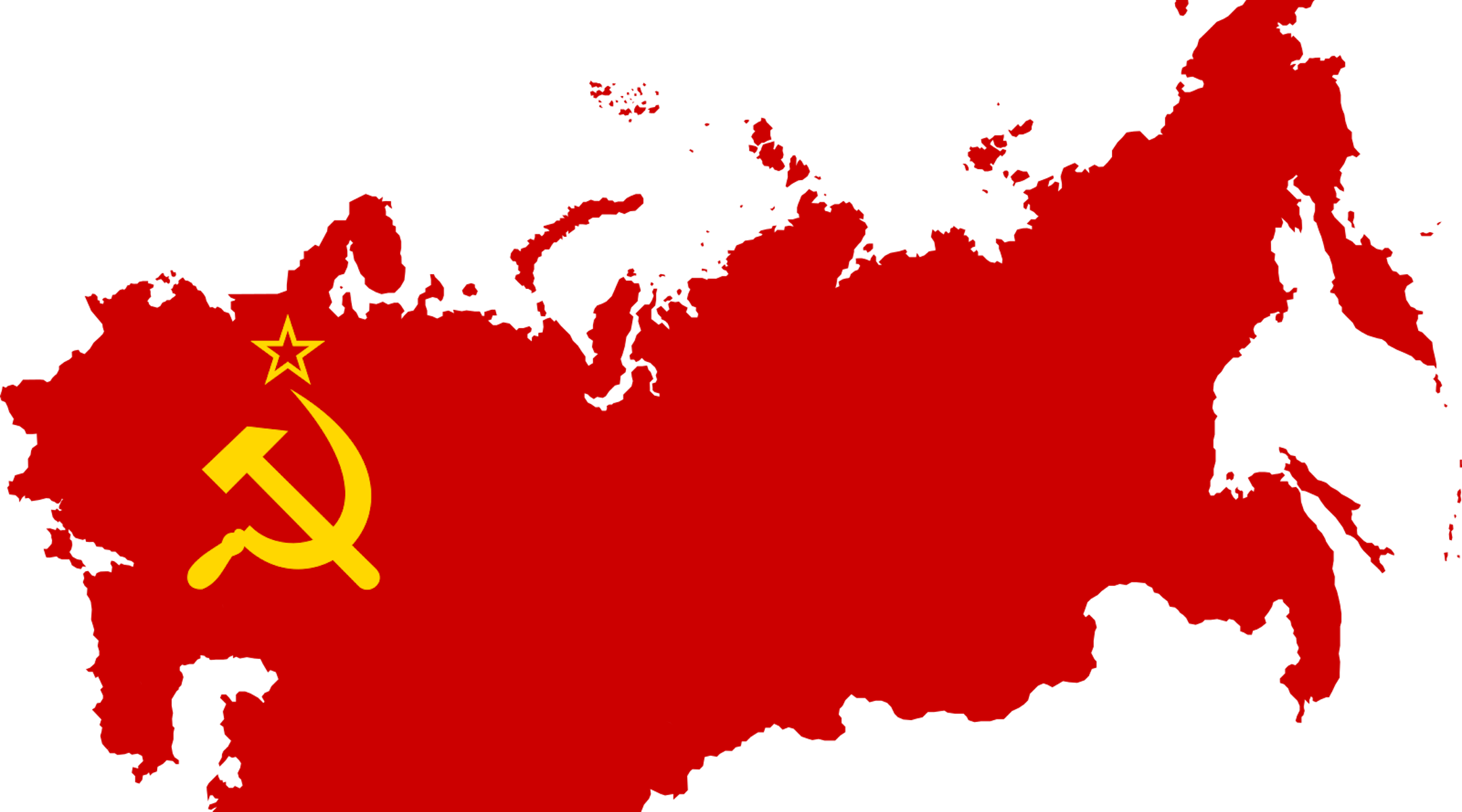Israel will recognize the independence of the republics that formerly constituted the now-defunct Soviet Union, Foreign Minister David Levy informed the Knesset on Wednesday.
Levy did not make clear whether recognition means that Israel would establish embassies in each of the 11 republics that have just formed the Commonwealth of Independent States.
Political observers expect Jerusalem will continue to follow the lead of the United States and the European Community with respect to the republics.
Israel has just established full diplomatic relations with Russia, the largest of the republics. Its ambassador, Alexander Bubin, presented his credentials to President Chaim Herzog here Monday.
At that time, he was still officially the representative of the Soviet Union, having received his letter of assignment from Soviet President Mikhail Gorbachev on Dec. 16.
Gorbachev resigned Wednesday, and Bubin is now the ambassador of Russia, which has assumed the foreign relations obligations of the former Soviet Union.
While receiving Bubin at the presidential residence, Herzog disclosed that other republics had expressed interest in diplomatic ties with Israel. He referred their messages to Levy.
In Washington, President Bush announced Wednesday evening that the United States was recognizing the independence of all of the former Soviet republics and would immediately establish full diplomatic relations with six of them: Russia, Ukraine, Byelorussia, Kazakhstan, Armenia and Kirghizia.
U.S. diplomatic relations with the other five members of the Commonwealth of Independent States, as well as Georgia, which has not joined the commonwealth, will depend on their readiness to implement democratic reforms.
CONCERN ABOUT EMIGRATION FLOW
In New York, Shoshana Cardin, chairman of the National Conference on Soviet Jewry, said she trusted that Bush “has obtained assurances from the leadership of these newly independent states regarding their commitments to democratic principles and to basic human rights for all their citizens.”
Cardin expressed concern for “the well-being of the substantial Jewish minority residing in these (six) states as well as in other areas which were part of the now defunct Soviet Union. Chief among our immediate concerns are that Jewish emigration continue unimpeded,” she said.
In Tel Aviv, Ambassador Bubin told reporters that his “new” country, Russia, would seek to play a central role in the Middle East peace process, as the former Soviet Union did.
Russia will now serve as host for the multilateral conference on Middle East regional issues set to open in Moscow on Jan. 28.
In Jerusalem, as in many other capitals, there is concern over the disposition of the vast nuclear arsenal of the former Soviet Union, dispersed as it is among four of the newly independent republics.
But according to highly placed sources here, Israel is not worried that Kazakhstan, the only Moslem republic in possession of nuclear weapons, will participate in the creation of a “Moslem bomb” or otherwise transfer nuclear technology to the Arab states.
“We assume the leadership is far too responsible to dabble in anything like that,” a Cabinet-level source told the Jewish Telegraphic Agency.
But there is serious concern here over the prospect of thousands of former Soviet nuclear scientists and technicians no longer employed and in the “job market.”
Some of Israel’s most bitter foes, including Syria, Iraq and Iran, are interested in these specialists’ know-how a d are capable of paying well for it.
In addition, technology and equipment necessary for the production of nuclear weapons may be put on the open market to ease the economic crisis in the new commonwealth. Certain Middle Eastern states could be potential buyers.
Israel therefore expects the United States and other Western nations to insist on the strict tightening of international supervisory machinery by the United Nations and the International Atomic Energy Agency, sources here said.
JTA has documented Jewish history in real-time for over a century. Keep our journalism strong by joining us in supporting independent, award-winning reporting.
The Archive of the Jewish Telegraphic Agency includes articles published from 1923 to 2008. Archive stories reflect the journalistic standards and practices of the time they were published.




